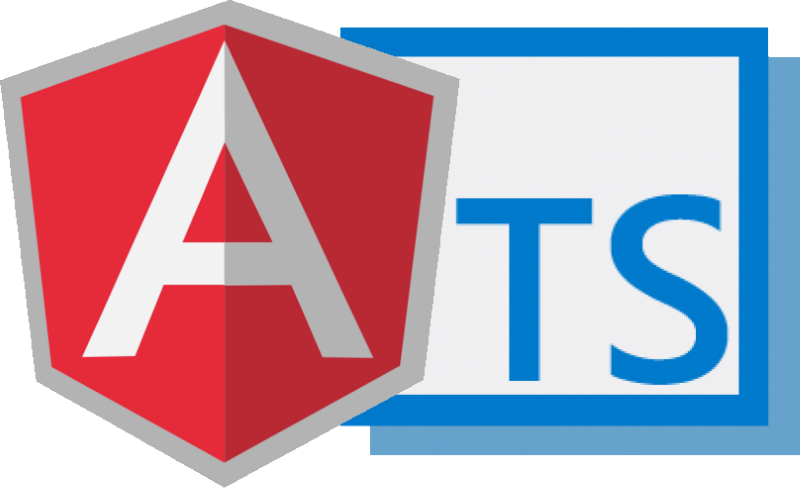In vanilla JavaScript, variables are declared using ‘var‘ keyword. In version ES6, we can define the variables using let and const keywords too.
All three keywords have similar syntax for variable declaration and initialization, but they differ in their scope and usage.
1. Differences between var, let and const
We will see the main differences in short, and then we will explain further in the post.
- Variables declared by
varandconstkeywords are function scoped and are scoped to the immediate function body.
Also, variables declared withvarkeyword are hoisted (initialized withundefinedbefore the code is run) which means they are accessible in their enclosing scope even before they are declared. - Variables declared by
letkeyword are block scoped and are scoped to the immediate enclosing block.
Theletvariables are not initialized until their definition is evaluated. Accessing them before the initialization results in aReferenceError.
2. The 'var' Keyword
2.1. Variable Syntax
The var keyword has traditional variable definition syntax. Optionally, we can initialize the variable with a value.
If we do not initialize the variable in the var statement, it is automatically assigned the JavaScript value undefined.
var value; //value is 'undefined' var data = 100; //initialized with number 100 var blogName = 'howtodoinjava.com'; //initialized with string value
2.2. Function Scoped
- Variables declared with the
varkeyword are function scoped. It means that they can be accessed inside the same function only.function fun() { var dataX = 10; if(true) { var dataY = 20; console.log(dataX); //Output 10 console.log(dataY); //Output 20 } console.log(dataX); //Output 10 console.log(dataY); //Output 20 } fun(); console.log(dataX); //Not available outside function; dataX is undefined console.log(dataY); //Not available outside function; dataY is undefined - Variables can be used before we either declare or initialize them. In this case, the value of the variable will be
undefined, but there will not be any runtime error.function fun() { console.log(dataX); //Output 'undefined' var dataX = 10; } fun();
2.3. Global Scoped If we do not use var Keyword
In JavaScript, if we do not use var keyword for variable declaration (implicit declaration) then variable will be created in global scope. e.g.
for(index = 0; index < array.length; index++){ //index is in global scope
//code
}
Above for-loop will create a variable called index in the global scope. If some other code is also using a variable named 'index' variable, then we’ve just overwritten that other variable as well.
To avoid giving the variable global scope, we must use the
varkeyword in the variable declaration.
2.4. Variable Hoisting
Please note that variables declared with the var keyword are subject to hoisting.
Variable hoisting means that if we declare a variable (declared but not initialized) at the end of a function, the runtime will hoist it to the top and we will not have any error if we would have used that variable before being declared.
Read More: JavaScript Hoisting
3. The 'let' Keyword
The let keyword is very similar syntax to the var keyword – but it is more restrict in the scoping.
3.1. Block Scoped
- Use the
letstatement to declare a variable, when the scope MUST BE restricted to the block in which it is declared.function fun() { let dataX = 10; if(true) { let dataY = 20; console.log(dataX); //Output 10 console.log(dataY); //Output 20 } console.log(dataX); //Output 10 console.log(dataY); //dataY is 'undefined' } fun();See above highlighted line. If we would have used ‘
var‘ keyword thendataYwould have been available due to its global scope within function. Because we have used theletkeyword,dataYis not visible beyondifblock. - A variable declared using
letcannot be used before its declaration orReferenceErrorwill result.function fun() { console.log(x); //Output 'undefined' console.log(y); //Error - "Uncaught ReferenceError: y is not defined" var x = 10; let y = 11; } fun();
3.2. No Variable Hoisting
Variables declared with let keyword are not hoisted. It means we can use the variable before we declare and initialize it.
4. The 'const' Keyword
The const keyword follows same rules as let keyword. Only difference is that const is used to drfine constants in the program.
4.1. Block Scoped
- The
constkeyword declares a block-scoped variable with a constant value. It is basically variable declaration with ‘let‘ keyword where variable value is constant and cannot be changed. - The
constfollows the same scoping principles as theletkeyword. - If we know that the variable we are declaring cannot and should not be allowed to reassign, then declare it with
const, else use theletkeyword.
4.2. const Syntax and Example
const PI = "3.14"; PI = 12; //Uncaught TypeError: Assignment to constant variable.
Happy Learning !!


Comments